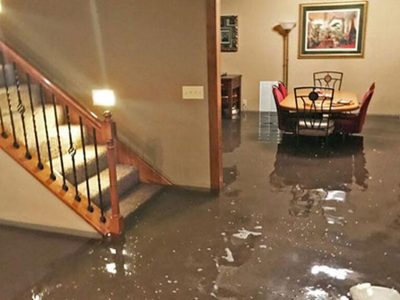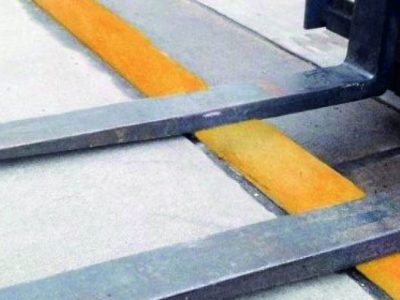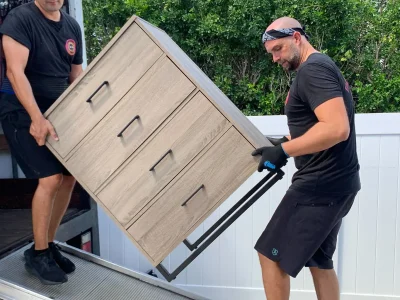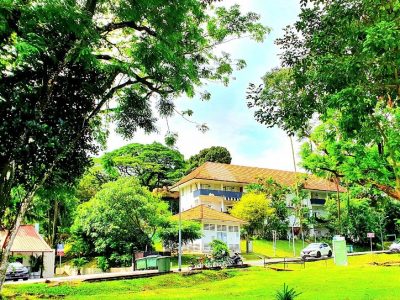A well-maintained commercial property building not only presents a positive image to tenants, customers, and investors but also ensures the safety, efficiency, and longevity of the building’s infrastructure. The incorporation of water leak detection and a comprehensive commercial property maintenance plan are crucial aspects of effective building management. This article will discuss the essential components of a successful commercial property buildings maintenance program.
Routine Inspections and Preventative Maintenance
Regular building inspections are a vital aspect of commercial property maintenance. These inspections should cover structural elements, roofing, facades, electrical systems, plumbing, heating, ventilation, and air conditioning (HVAC) systems. Identifying potential issues early allows for timely repairs, minimises costs, and prolongs the lifespan of the building’s components.
Preventative maintenance measures, such as cleaning, lubricating, and adjusting critical building systems, can further extend the life of these components and ensure optimal performance. A preventative maintenance schedule should be tailored to the specific needs and requirements of the commercial property, taking into account factors such as the age, materials, and systems present within the building.
Water Leak Detection and Plumbing System Maintenance
Water leaks can cause significant damage to commercial property buildings, leading to costly repairs and potential health hazards. Incorporating water leak detection measures into the maintenance plan is essential for identifying and rectifying any existing or potential leaks.
A thorough inspection of the building’s plumbing system should be conducted regularly, checking pipes, faucets, and fixtures for signs of corrosion, wear, or damage. If any leaks are detected, they should be repaired or replaced promptly. Advanced water leak detection technologies, such as acoustic sensors, infrared cameras, and moisture meters, can be employed to identify hidden leaks that may be difficult to detect through visual inspections. Engaging a professional water leak detection specialist to perform these inspections can provide an added layer of protection for the building.
HVAC System Maintenance
Proper maintenance of a building’s HVAC system is essential for ensuring the comfort of its occupants and maintaining energy efficiency. A comprehensive HVAC maintenance plan should include regular inspections, cleaning, and servicing of critical components such as filters, coils, and belts. Additionally, the plan should address the timely replacement of worn or damaged components to ensure the system’s continued performance.
Energy Efficiency and Sustainability
Implementing energy-efficient measures in commercial property buildings can significantly reduce utility costs while contributing to the building’s overall sustainability. Incorporating energy-efficient lighting, such as LED fixtures, and installing energy management systems can help monitor and control energy consumption. Regular energy audits can identify opportunities for further efficiency improvements, such as upgrading insulation or implementing renewable energy sources.
Building Code Compliance
Ensuring that a commercial property building remains compliant with local, state, and federal building codes and regulations is a critical aspect of building maintenance. Regular inspections and assessments should be conducted to identify any areas of non-compliance and make the necessary updates or repairs. Staying up-to-date with changes in regulations and implementing these changes promptly can help avoid potential fines or legal issues.
Tenant Communication and Responsiveness
Maintaining open communication with tenants is crucial for successful commercial property buildings maintenance. Addressing tenant concerns promptly and keeping them informed of any scheduled maintenance or repairs can help build trust and maintain a positive landlord-tenant relationship. Encouraging tenants to report any issues or concerns can also aid in identifying potential maintenance problems early.
Emergency Preparedness and Response
Commercial property buildings should have a well-defined emergency response plan in place to address unforeseen events such as fires, floods, or other disasters. This plan should include clear protocols for evacuation, communication, and recovery, as well as the identification of personnel responsible for implementing the plan. Regular emergency drills and training can help ensure that the building’s occupants are prepared to respond effectively in the event of an emergency.
In conclusion, effective commercial property buildings maintenance requires a multifaceted approach, incorporating routine inspections, preventative measures, water leak detection, HVAC system maintenance, energy efficiency, building code compliance, tenant communication, and emergency preparedness. A well-maintained building not only presents a positive image but also ensures safety, efficiency, and longevity. By implementing a comprehensive maintenance plan and addressing potential issues promptly, property owners and managers can protect their investment and create a healthy, productive environment for tenants and visitors.












Comments